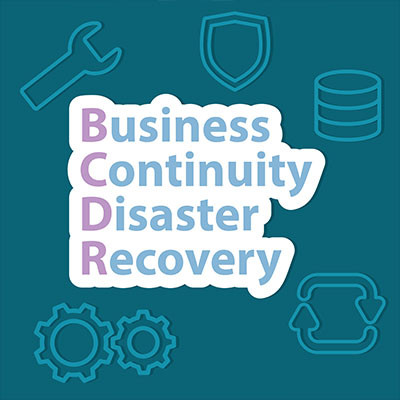When looking to cut your costs, one of the best places to start looking is at your printing. While paper documents were once incredibly important for businesses (they still serve a function), no one can deny that they take up a considerable amount of space in the workplace, as well as take up precious assets that could be better spent elsewhere. What’s the best way to minimize the resources you spend on printing?
Apex Technology Blog
It doesn’t matter where your business is located; whether it’s a tornado that rolls through your city, a structural fire that renders your office uninhabitable, or a freak snowstorm that brings down power lines or grinds travel to a halt, you’ll want to be ready for it all. We’ll go over what kinds of solutions your business can implement to ensure that no disaster, be it natural or artificial, like a cyberattack, puts a stop to your operations.














